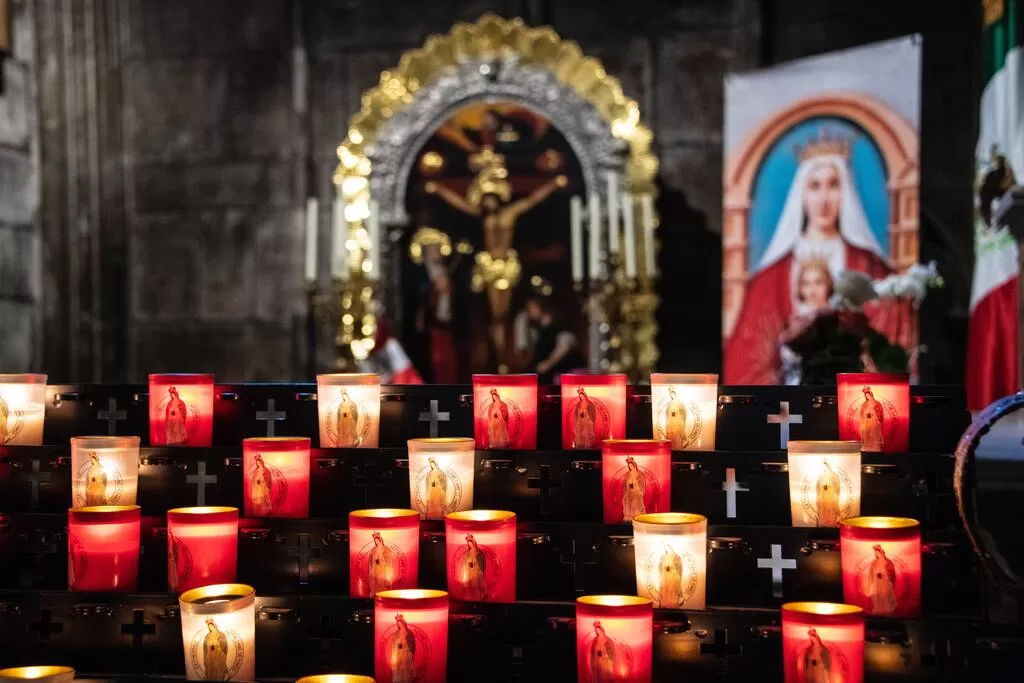Christianity, the world’s largest religion, has greatly influenced the course of human history with its teachings, philosophies, and principles. Its various denominations – including the Catholic Church, Orthodox Church, and Protestant movement – have uniquely shaped this religion’s identity and development.
Contents
The Origins of Christianity
Christianity originated from Judaism in the 1st century AD in the Roman province of Judea. It was founded on the life, teachings, death, and resurrection of Jesus Christ, whom followers believe to be the Son of God. Christianity’s main scripture is the Bible, comprising the Old and New Testaments, which serve as the guiding principle for all Christian denominations.
The Catholic Church: The Largest Christian Body
The Catholic Church, with over a billion members globally, is the largest Christian denomination. It traces its lineage directly to Jesus Christ, with the Pope as the spiritual successor of Saint Peter, the apostle Jesus appointed to lead his church. Central to the Catholic faith is the belief in the Seven Sacraments – Baptism, Confirmation, Eucharist, Penance, Anointing of the Sick, Holy Orders, and Matrimony – which are rites that bring believers closer to God.
The Vatican, based in Rome, is the central governing body of the Catholic Church, and it heavily influences global Catholic doctrine and practice. A prominent feature of the Catholic Church is its rich traditions and ceremonies, such as the Mass, which celebrate the mysteries of the faith. Catholics also pay homage to saints, holy men and women believed to have led exemplary lives of faith.
The Orthodox Church: Keeper of Early Christian Traditions
The Orthodox Church has a significant historical and cultural influence, particularly in Eastern Europe and the Middle East. Its establishment is traced back to the Great Schism in 1054 AD, where doctrinal and political differences led to a split with the Western Church, which later became the Roman Catholic Church.
Orthodox Christianity places great emphasis on preserving the traditions and liturgical practices of early Christianity. It is known for its detailed iconography, majestic architecture, and complex liturgical music. Key beliefs include the Holy Trinity and the incarnation of Jesus Christ as God’s Son. Like Catholics, Orthodox Christians believe in sacraments, although they do not fix their number as strictly as seven. Each national Orthodox church is self-governing, but they share the same faith and liturgical tradition.
The Protestant Movement: Reformation and Diversification
The Protestant movement emerged in the 16th century as a reaction to perceived corruption within the Catholic Church. Initiated by Martin Luther in Germany, the Reformation sought to bring the church back to biblical principles, giving rise to a multitude of Protestant denominations.
Central to Protestantism is the belief in Sola Scriptura, meaning that the Bible is the supreme authority in matters of faith and practice. Additionally, Sola Fide posits that faith alone, not deeds, is enough for salvation. The Protestant Church has diversified into numerous branches, including Lutherans, Baptists, Methodists, Presbyterians, and Pentecostals, each with unique doctrines and practices.
Protestantism has been influential in advocating for individual interpretation of the Bible, the priesthood of all believers, and a simpler, more personal approach to worship. It has also inspired social changes, such as promoting literacy and contributing to the development of modern democracy.
A Dynamic and Diverse Faith
Christianity is a rich and complex faith, with diverse denominations reflecting different interpretations of beliefs and practices. The Catholic Church, Orthodox Church, and Protestant movement each contribute unique elements to the broader Christian tradition. Despite their differences, they share core beliefs in Jesus Christ’s divinity, his redemptive act on the cross, and the hope of eternal life. Their shared faith forms a tapestry of beliefs and traditions that continue to shape the lives of billions of people worldwide.
